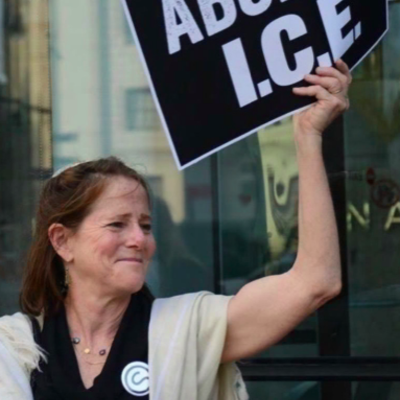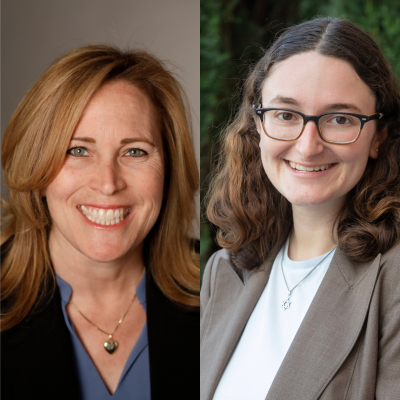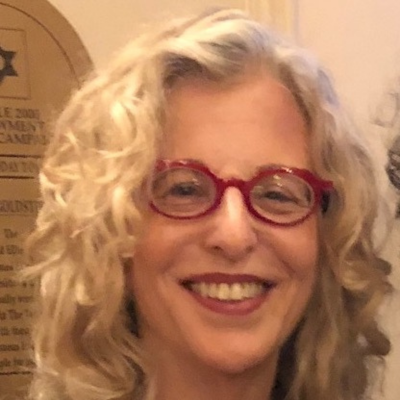(M)oral Torah

Noach: The Curse of Ham and the Misuse of Tradition
It is on us to use our tradition responsibly, and to challenge its misuse, whether that be in the service of racism and racist institutions, homophobic policies and legislation, nationalistic aspirations, or exclusive claims to land.
more

Sukkot: Sukkot and the Human Right of Dwelling Safely
Perhaps Sukkot is the festival of understanding our journey, for journeys have no concrete and steel foundations, only earth and sandy feet. And the yearning that should come out of this collective memory must be a passionate commitment to end homelessness everywhere, physical, spiritual, or national.
more

Sukkot: The Tikkun of Climate Action
Let Sukkot be our call to action this year. May it give us the spiritual resolve to live in the midst of great uncertainty and challenge, and to take action to pursue climate justice in this vast interconnected world of ours.
more

Ha’Azinu: Learning From Our Ancestors with Humility and Chutzpah
We find that we have to learn from our ancestors with a dual dose of humility and chutzpah: both to learn from their wisdom, and also to transcend their limitations.
more

Rosh Hashanah: Teshuvah, Tefilah, and Tzedakah in Israel
'On Rosh Hashanah, it is written and on Yom Kippur, it is sealed: How many will die and how many will be born? Who will live and who will die?' This is one of the most beloved and troubling of Rosh Hashanah prayers. But such is the power of great poetry.
more

Nitzavim-Vayeilech: To Examine the Past Unflinchingly, We Need Community
Looking back can be terrifying. We are further protected by being a part of the covenantal community, thus we can look back safely, unflinchingly, to the very real horrors that have shaped our communities and our lives.
more

Ki Tavo: Inscribing Ourselves with Love During National Recovery Month
What is the Torah inscribed on our lands and in our hearts? What Torah do we bring with us into a new land?
more

Ki Tetze: We Cannot Look Away
You may be familiar with the notion about the wounded healer, popularized by the author Henri Nouwen in his book by that name. He asserts: “When we become aware that we do not have to escape our pains, but that we can mobilize them into a common search for life, those very pains are transformed...
more

Shoftim: “Thus Blood of the Innocent Will not be Shed” The Necessity of Sanctuary
A self-proclaimed “melting pot,” a country that declared its independence by asserting that all men are created equal, should continue to be a sanctuary and refuge.
more

Re’eh: Open Your Hand and Lend Enough
God entrusts us, flawed mortal beings as we are, with the responsibility to figure it out and take care of each other.
more
